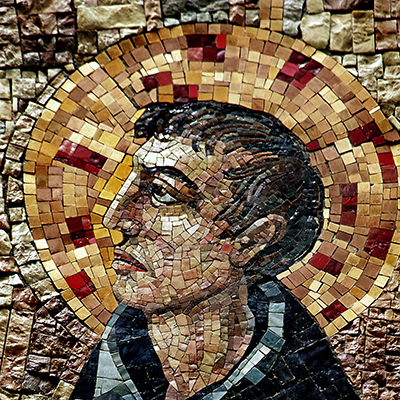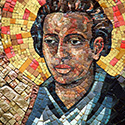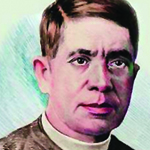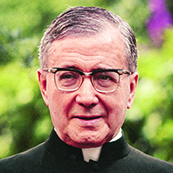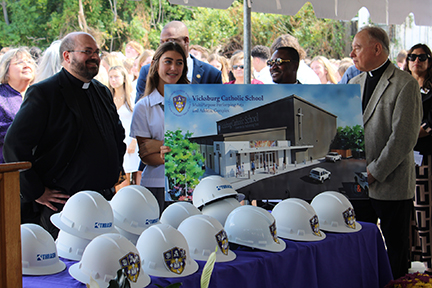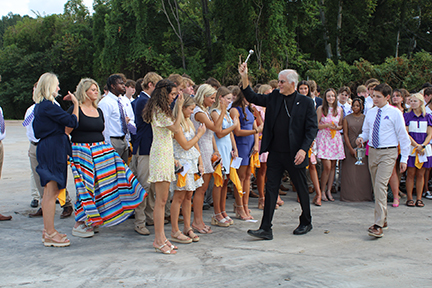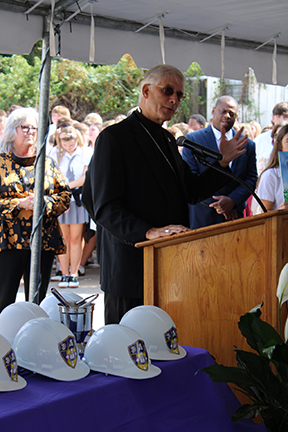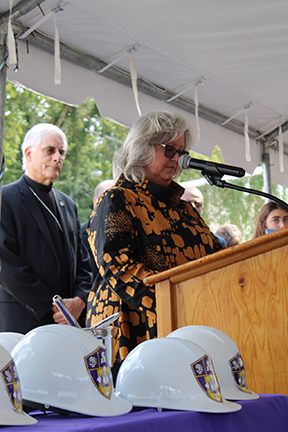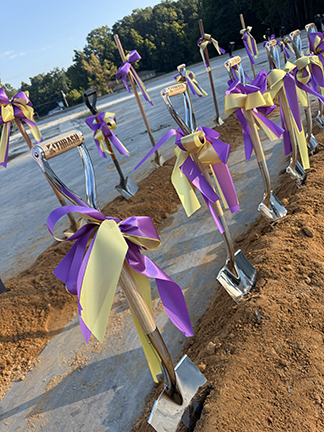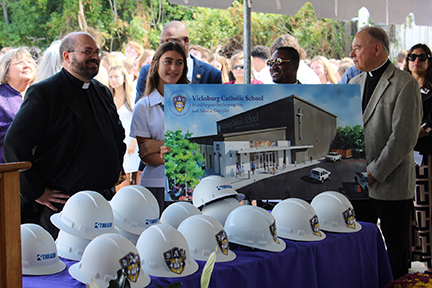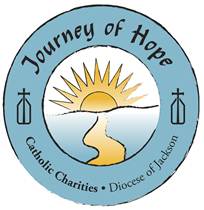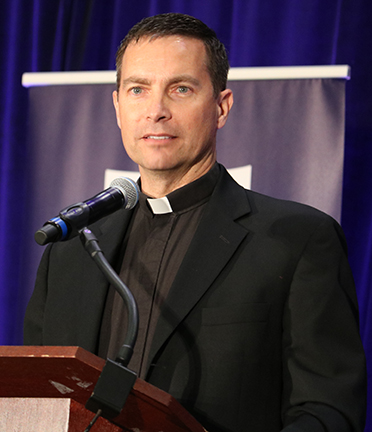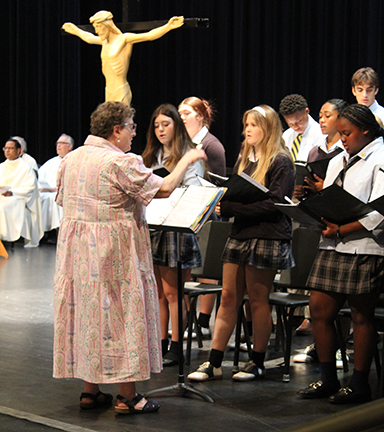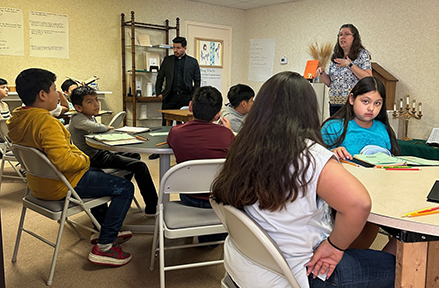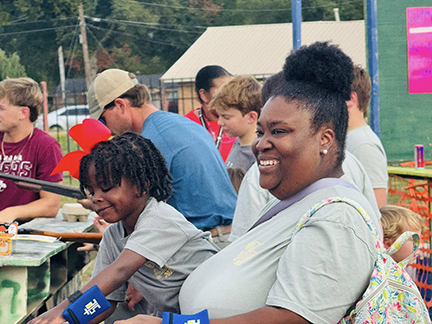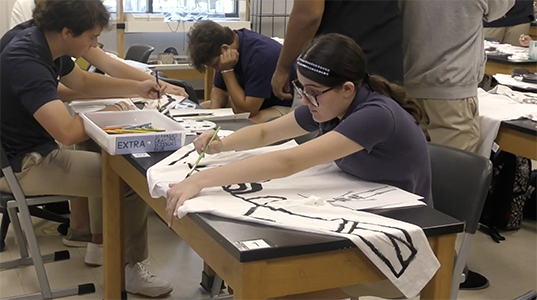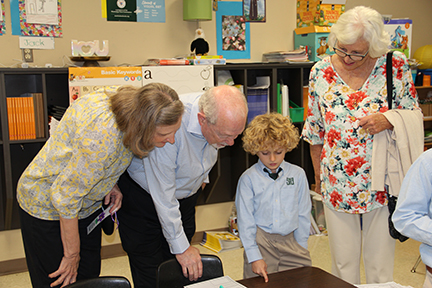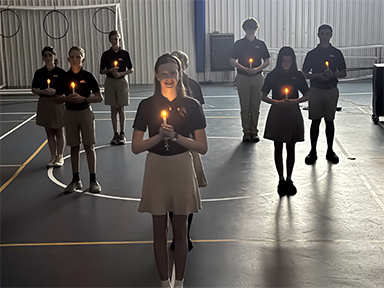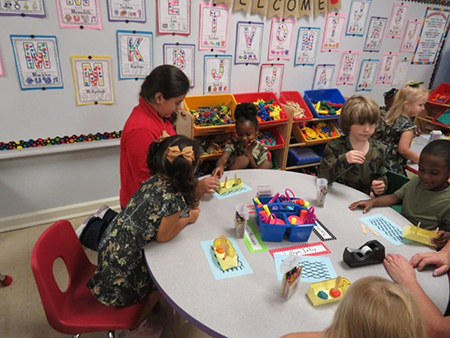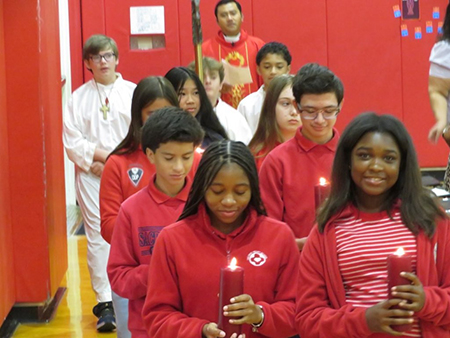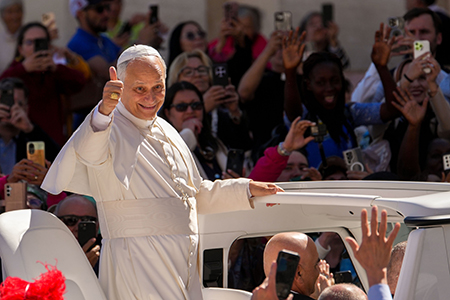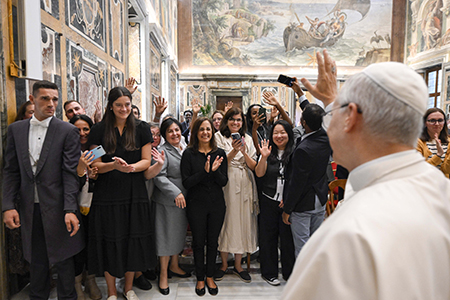By Joanna Puddister King
JACKSON – The Diocese of Jackson is marking a significant transition in Catholic education as longtime leader Karla Luke retires and Joni House steps in as the new executive director of Catholic Education.
Luke, who retired at the end of September after more than 33 years in Catholic education, has been a steady and faith-filled leader for diocesan schools. During her tenure, she helped guide the diocese to national recognition when its Catholic schools were named a Cognia “School System of Distinction,” one of only four Catholic institutions worldwide – and the only Catholic diocese – to receive the honor.
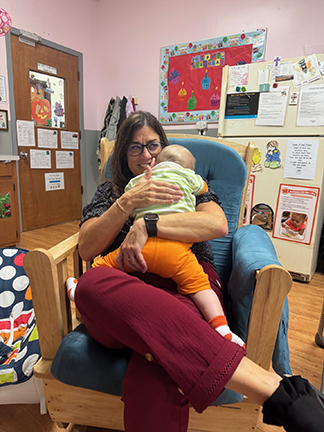
“Over the past 33 years, the most recent accomplishment of having Cognia recognize the Diocese of Jackson as a System of Distinction has been an overwhelming and rare experience,” Luke said. “However, in the everyday realm of the work, I am most proud of being able to interact with so many students, teachers and principals. It is very humbling to know that you have been a tiny part of a student’s life for a short time.”
Bishop Joseph Kopacz praised Luke’s leadership and dedication, noting how she guided schools through the challenges of the COVID-19 pandemic and into a period of growth. “Karla has dedicated her professional life to the spread of the Gospel and the teachings of the church through Catholic education,” he said. “Her servant-leadership culminated in the exceptional rating from Cognia for the Diocese of Jackson’s Catholic School System. May the Lord bless her in retirement with family, friends, and in all her new adventures.”
House, formerly principal of Annunciation Catholic School in Columbus, began her new role in early September. She was chosen following a five-month national search. With more than 14 years of experience as a Catholic school administrator and several years as a Cognia accreditation specialist, she brings both practical leadership and a big-picture vision.
“I felt called to this role because it allows me to serve our schools and communities in a new way,” House said. “Being a principal taught me the everyday challenges and joys of school leadership, and my Cognia work showed me how powerful continuous improvement can be. Together, those experiences help me bring both practical understanding and a big-picture vision to this role.”
House said she sees exciting opportunities ahead for Catholic schools in the diocese: welcoming more families, strengthening academic programs with new approaches, and deepening students’ faith life so they leave ready to serve others. At the same time, she acknowledged challenges such as enrollment, financial sustainability, and teacher retention, which she hopes to address through collaboration and strong parish partnerships.
She also expressed gratitude for the work done by Luke. “I want to build on the work she started, while also embracing the new opportunities that lie ahead for our schools, families, and communities,” House said. “The recognition as a Cognia School System of Distinction affirms the hard work of our schools, and it challenges us to sustain and grow that culture of continuous improvement so Catholic education in our diocese remains strong and vibrant.”
Bishop Kopacz said he is confident in her leadership. “She has a vibrant faith in the Lord Jesus and is committed to the Great Commission to teach the nations and form disciples,” he said. “Her passion for the children and their families, and her professional support for educators and staff have prepared her well to lead our Catholic school system into the future. I look forward to her leadership in the time ahead.”
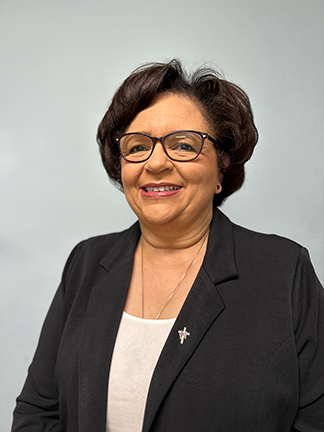
Luke, in her retirement letter, expressed deep gratitude to Bishop Kopacz, chancery colleagues, pastors, and especially the administrators and teachers who form “the heart and soul” of diocesan schools. “Though my time in this role will come to an end, my commitment to Catholic education remains steadfast,” she wrote.
For Luke, the joy has always been in the relationships built along the way. For House, the excitement is in the new opportunities that lie ahead. Together, their stories reflect the mission at the center of Catholic education in the Diocese of Jackson: forming students in faith, knowledge and service.

